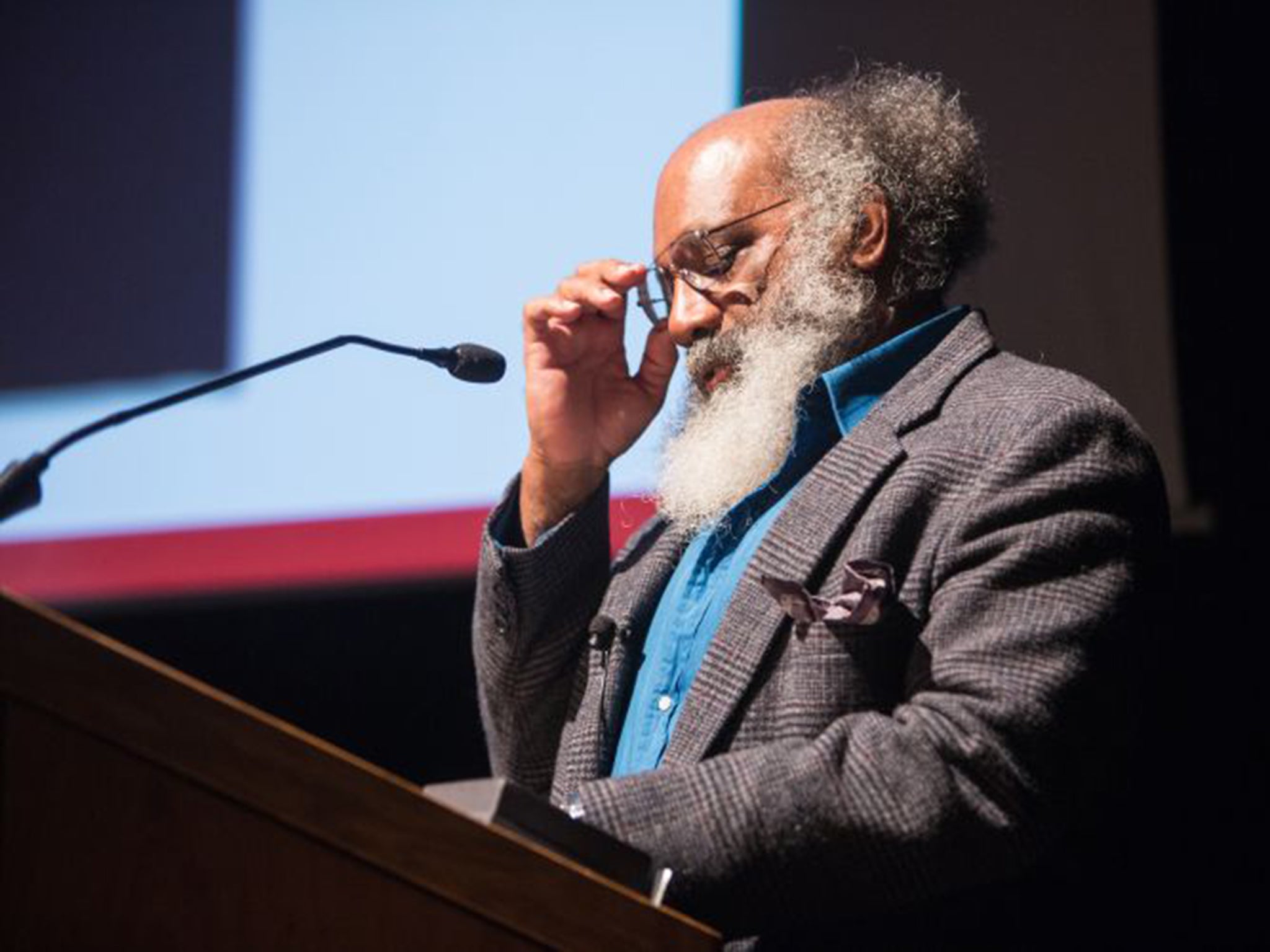Beyond words: Free speech must never be curtailed by blanket bans
The power of words should never be curtailed by blanket bans: freedom of speech is much too precious for that

Your support helps us to tell the story
From reproductive rights to climate change to Big Tech, The Independent is on the ground when the story is developing. Whether it's investigating the financials of Elon Musk's pro-Trump PAC or producing our latest documentary, 'The A Word', which shines a light on the American women fighting for reproductive rights, we know how important it is to parse out the facts from the messaging.
At such a critical moment in US history, we need reporters on the ground. Your donation allows us to keep sending journalists to speak to both sides of the story.
The Independent is trusted by Americans across the entire political spectrum. And unlike many other quality news outlets, we choose not to lock Americans out of our reporting and analysis with paywalls. We believe quality journalism should be available to everyone, paid for by those who can afford it.
Your support makes all the difference.It is hard to pinpoint exactly when political correctness “went mad” – or, at least, when its insanity was first proclaimed. Perhaps declarations of madness were simply an expression of 1990s tabloid hyperbole. After all, the notion of “political correctness” has never been anything other than condemnatory; a catch-all means of damning affirmative action aimed at promoting equality or reducing discrimination, especially through language use. Indeed, the term itself has come almost to represent a dividing line between left and right, liberal and conservative.
One unfortunate consequence is that debates about the language of identity have become deeply polarised.
Those who argue that potentially pejorative descriptions – especially of minority communities – should be avoided are accused of being leftie killjoys with no sense of perspective. Those who use outdated terms or who slip up through genuine ignorance are vilified as rabidly intolerant. This black and white dichotomy leaves little room for sensible manoeuvring.
The Independent has published a remarkable and controversial literary essay by the American writer David Bradley. Eulogy for Nigger has just won the 2015 Notting Hill Editions Essay Prize – but its title alone, let alone the content, might cause some readers to raise an eyebrow. Should a mainstream, respectable newspaper provide a platform for such an apparently ugly word?
Ultimately, it is a word, however contentious. It has long been the policy of The Independent not to baulk at provocative or explicit language, provided that its use is not gratuitous. And as Mr Bradley himself says, to avoid prejudicial terms can have the effect of disregarding the existence of prejudice.
As with so much, context is key. Of course language can be harmful and to imagine otherwise is, indeed, political incorrectness gone mad. But the power of words should never be curtailed by blanket bans: freedom of speech is much too precious for that.
Join our commenting forum
Join thought-provoking conversations, follow other Independent readers and see their replies
Comments